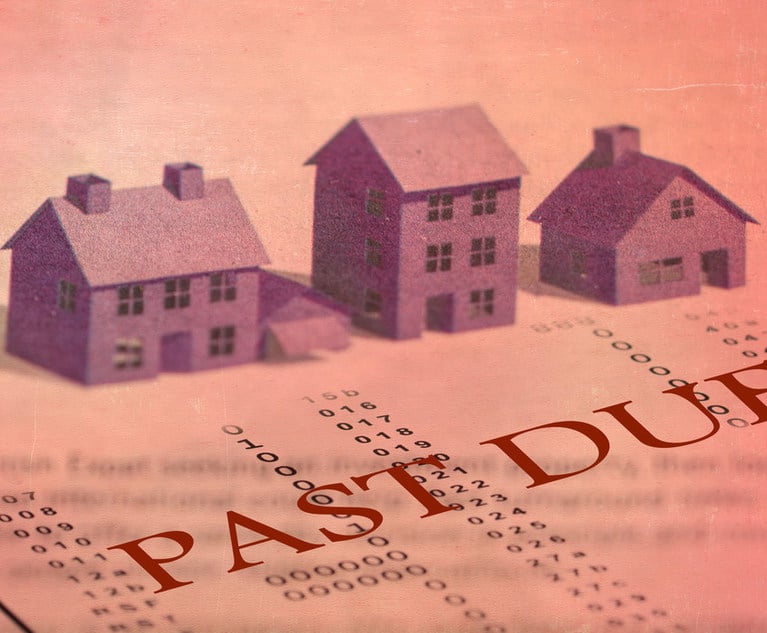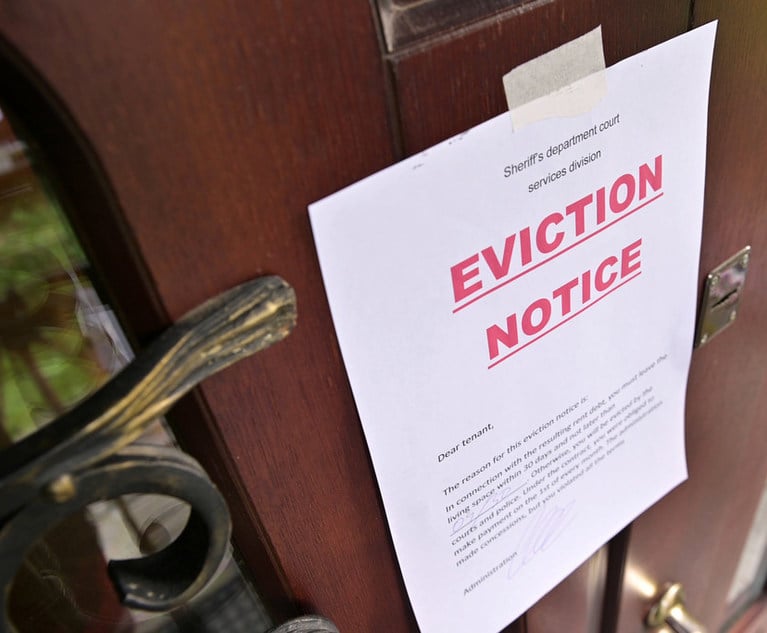Judgments can be enforced against any property interest of a judgment debtor, including real property owned and occupied by the debtor as his or her homestead. However, there are many issues to consider when pursuing homestead property and navigating through Article 52 of the Civil Practice Law and Rules, which governs judgment enforcement, can be challenging.
The natural starting point is CPLR 5206(a), which defines a “homestead” as real property “owned and occupied as a principal residence.” Real property that may qualify as a homestead includes land with a dwelling thereon, shares of stock in a cooperative apartment, units of a condominium apartment, and mobile homes.







